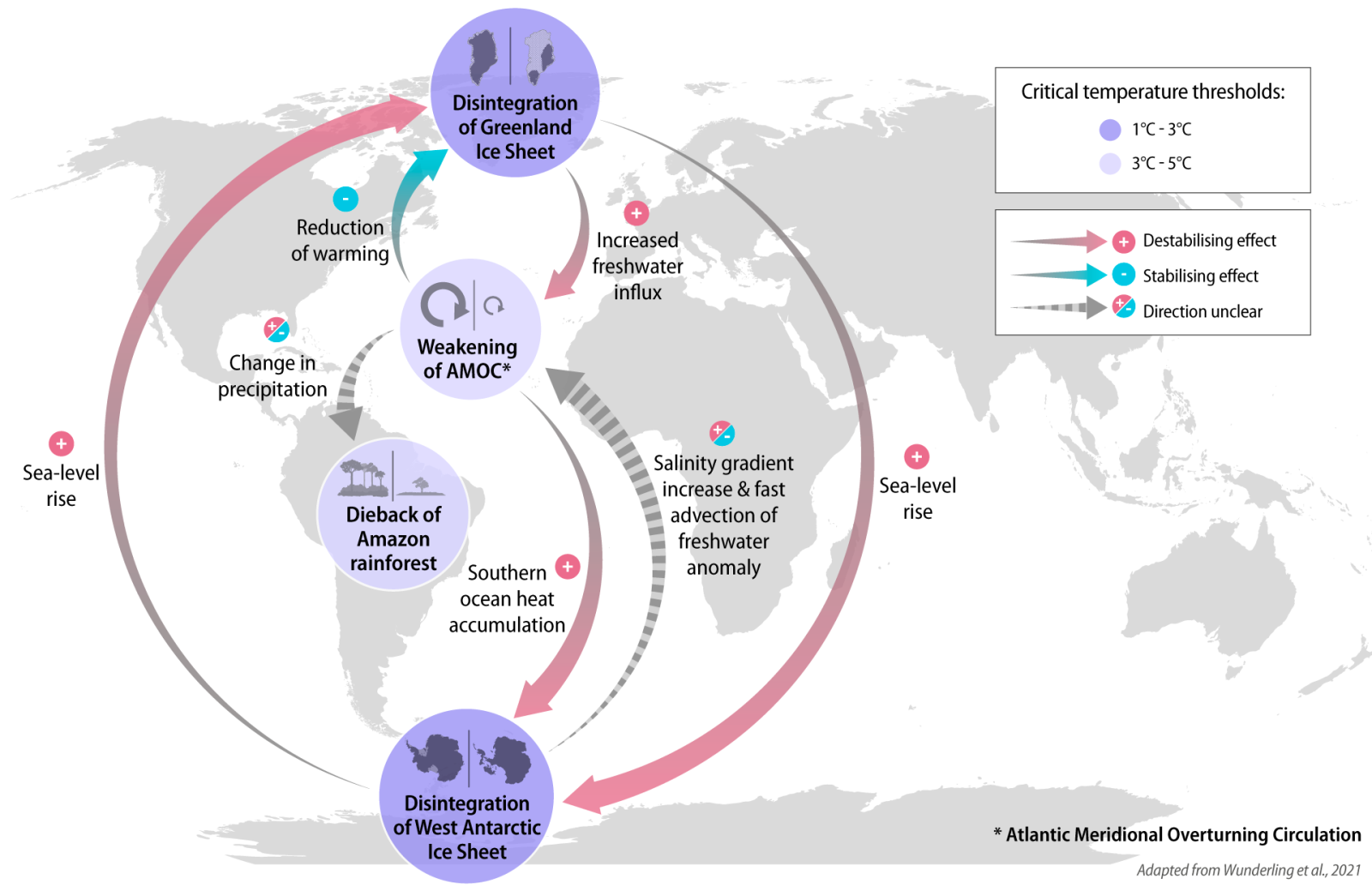When the world stopped due to the pandemic in 2020, we saw what life could be like if we slowed down. Seas and rivers became cleaner, air pollution decreased, animals took over spaces where they were usually shut out of, and in sum, nature could breathe. This happened not because we planned for it, but because it was forced on us. As things go back to normal, we are fast forgetting the lesson that, ironically, a pandemic provided.
Although we saw how things can improve if we limit our fast-paced lives, climate change is still a real and pressing issue. Wildfires have raged in usual and unusual places, catastrophic flooding and flash snow storms are occurring in unusual places, and droughts are severe and devastating many countries. All in all, the current state of the climate is worsening at an alarming rate.
However, a glimmer of hope remains as leaders and representatives from around the world have come together for the 26th UN Climate Change Conference of the Parties (COP26), 31 October – 12 November 2021, in Glasgow, to work together on how to fulfill the Paris Agreement (2015). Under the agreement, all countries agreed to limit global warming to below two degrees and aim for 1.5 degrees, to help make the world more climate resilient. They agreed to work on their Nationally Determined Contributions (NDCs) where they specify their plans on how much they would reduce their emissions, and pledged to regroup and reassess those NDCs every five years to make sure they are on track. Unfortunately, the actions taken so far have not been sufficient.
During COP26, Johan Rockström, Director of the Potsdam Institute for Climate Impact Research, presented the newest climate change insights that the scientific community and climate researchers have arrived at. One was that “stabilizing at 1.5 degrees Celsius warming is still possible, but immediate and drastic global action is required”. The following video gives a brief overview of all ten insights:
The climate crisis we are facing brings forth the interconnectedness of our Earth; check the info-graphic below. A change in one area of the climate system has a knock-off effect on the rest of the system; this is why a truly global effort is needed.

The message of the need of immediate action given by Johan Rockström was echoed outside the Conference walls by protesters who urged world leaders to act now before it is truly too late. The protests were led by youth, whose futures are at stake, and by communities, who are already battling the devastating impact of global warming. Not only were there protests in Glasgow, but in many places around the world, people are calling for measures to be taken by their governments to address the climate crisis.
The sentiment for immediate and meaningful actions was also reiterated in the speech given by the UN Secretary General António Guterres, who urged world leaders to “choose ambition, choose solidarity, choose to safeguard our future, and save humanity”. One would hope that leaders hear those messages loud and clear, and to take them to heart, for as Greta Thunberg, Environmental Activist, famously said “there is no planet B!”.
References
10insightsclimate.science
ukcop26.org